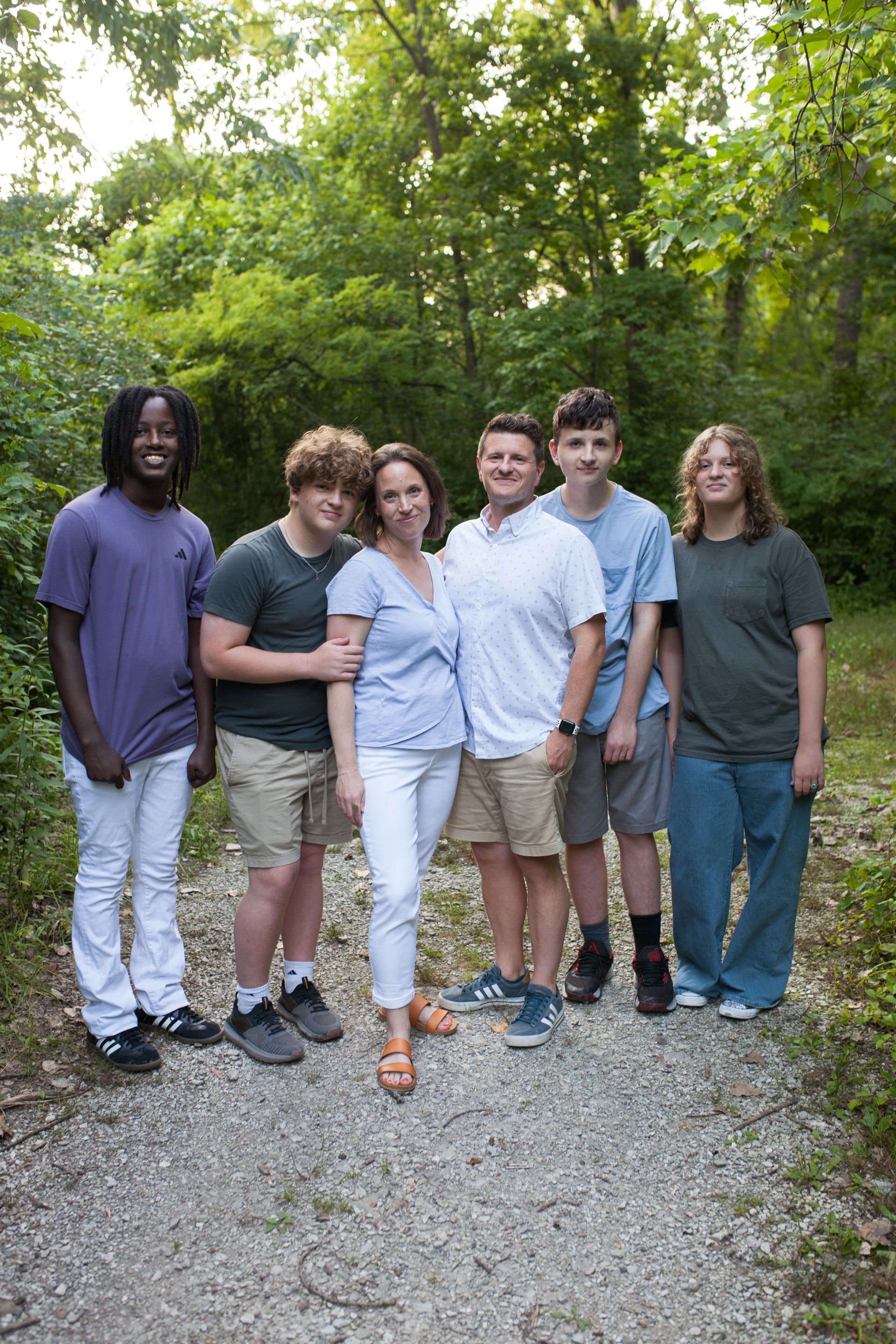New Circle Church, Indianapolis IN
We are excited to welcome
New Circle Church in Indianapolis into the Ecclesia Family. New Circle is just north of downtown Indianapolis and was planted by Barry and Amy Rager. Barry and Amy moved to Indianapolis in 2013 with their 4 children and began starting Community Groups. Eventually they launched New Circle in September of 2014. Since that time they have continued to see many people come to know Christ and grow in their relationship with Christ. They have been involved with many non-profits in the city and offer shared space in their facility to many of them. They have a pastoral and staff team of 8 people and have become a hub for their local community while continuing to be a faithful presence with all they meet.
"Over the past few months as we have gotten to know the leaders of the network and various Ecclesia churches, we have been impressed. We are impressed by the kindness and welcome that we have received."
On joining Ecclesia, Barry had this to share, “Ministry can be very isolating. Feeling this, we began looking into various denominations and networks. We were intrigued when we learned about Ecclesia and how vital relationships were to the network’s mission. Over the past few months as we have gotten to know the leaders of the network and various Ecclesia churches, we have been impressed. We are impressed by the kindness and welcome that we have received. We are impressed by the diversity of local expressions of the church based on the context in which each is located. We are excited to build more relationships, experience the impact of this partnership, and serve Ecclesia’s network and churches.”
About New Circle
Barry and Amy Rager moved to Indianapolis in 2013 with their four children, Yonas, Titus, Fable, and Justus, to plant New Circle Church. The desire for New Circle is in its name: to see Circle City (Indianapolis) made new. New Circle believes this renewal comes through individuals' relationship with Jesus Christ.
The Ragers began the church by starting Community Groups. They met neighbors and started one in their home, and through interactions with local students at a coffee shop, they started another on a college campus. Within three months, we had two thriving groups and had our first worship Gathering and baptisms. New Circle officially launched in September 2014.
Since then, New Circle has continued to see people come to know Christ and grow in their relationship with Christ. We now have a permanent location in the Mapleton-Fall Creek neighborhood of Indianapolis. We gather for worship on Sundays and continue to meet in Community Groups throughout the week. Since we are not a programmatic church, we have partnered with many Indianapolis non-profits to share space with us in our building. We are home to another congregation and six non-profits working together to see good come to Indianapolis.
We have a pastoral and staff team of eight people to support our Builders (members) and seven deacons. Our team helps seek the renewal of our Builders by providing kids' ministry, youth ministry, spiritual direction, guidance in spiritual practices, Community Groups, and community engagement.
By God’s grace, New Circle has become a hub for our local community, and we continue to be a faithful presence with all we meet. We have a long way to go in our journey as a church, but we desire to continue pointing people to Christ, living in Community, and living out the Great Commission together.








